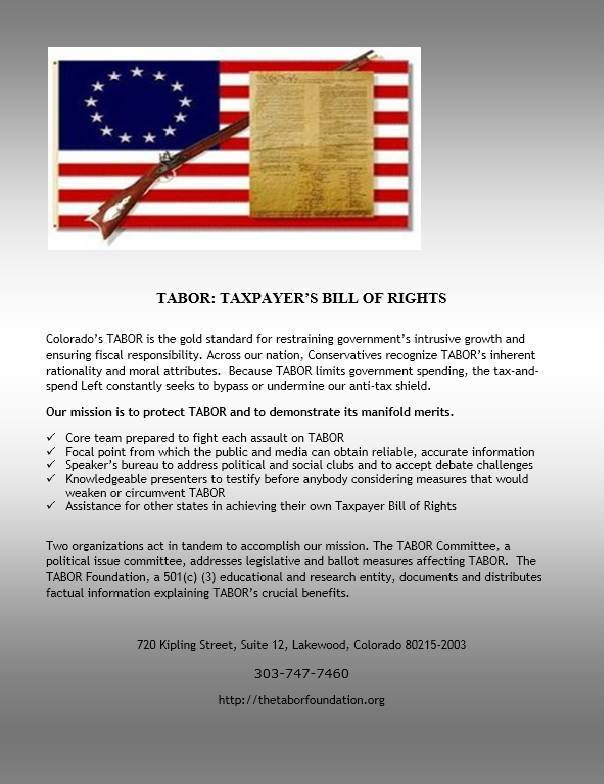Chamber hails drainage fee court ruling
Article date: Jun 12 2018
The Grand Junction Area Chamber of Commerce hailed a court ruling a stormwater drainage fee is actually an unconstitutional tax.
Drainage remains a problem, however, that will require a collaborative effort to solve, the chamber stated in a news release.
District Court Judge Lance Timbreza ruled a fee assessed by the Grand Valley Drainage District on property owners constitutes a tax imposed without a vote as required under state constitutional provisions. The chamber and Mesa County sued the district in 2016 to halt the fee following eight months of failed negotiations.
“This is a victory for every property owner within the Grand Valley Drainage District boundaries, including many of our business members,” said Diane Schwenke, president and chief executive officer of the chamber. “It upholds the principles of the Taxpayer Bill of Rights and requires the district to convince voters that additional funding is needed, as TABOR clearly intended.”
The district assessed homeowners $3 a month — or $36 a year. Businesses, churches and government entities were charged $3 a month for every 2,500 square feet of roofs and parking lots from which stormwater drains.
Many businesses were assessed annual fees of up to $10,000, Schwenke said.
The chamber remains willing to a play a role in addressing drainage problems, Schwenke said. Collaborative efforts will be required that involve not only the district, but other government entities in the Grand Valley, she said.
The chamber supports a process involving all entities responsible for drainage as well as an exploration of all funding models, she said.
Moreover, more accountability and transparency will be needed regarding how priorities are set for drainage projects, how funds are spent and how funds are leveraged with money from such other sources as grants.
The chamber remains opposed to an impact fee for business expansions, Schwenke said. Business growth improves the economy, creates jobs and adds to the tax base, she said.
http://thebusinesstimes.com/chamber-hails-drainage-fee-court-ruling/


